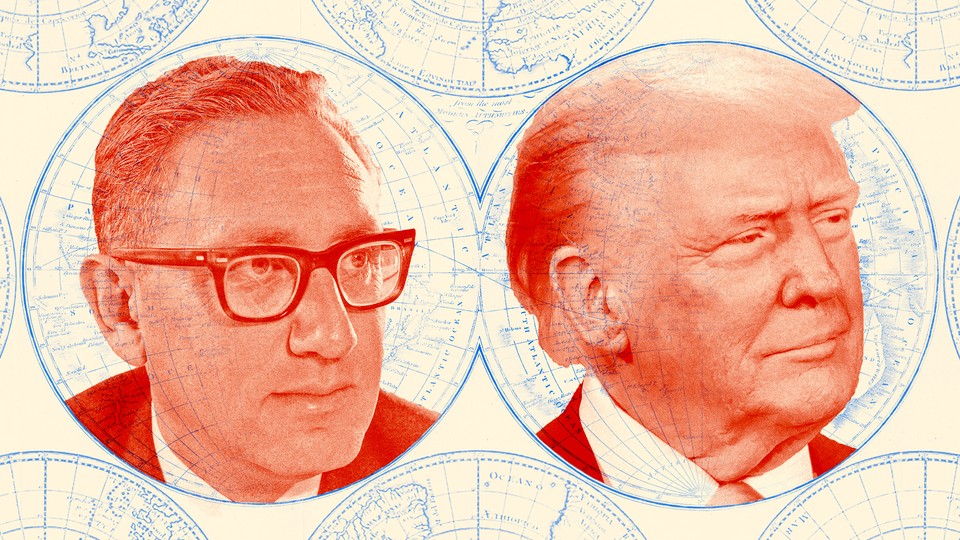Henry Kissinger’s Enduring Legacy: Realpolitik and the Shaping of U.S. Foreign Policy

Henry Kissinger remains one of the most influential and controversial figures in American diplomacy. As Secretary of State and National Security Advisor under Presidents Richard Nixon and Gerald Ford, Kissinger’s policies and philosophy of realpolitik have left a lasting imprint on global affairs. This article delves into Kissinger’s legacy, examining the principles that guided his actions and the enduring debate over his impact on the world.
The Philosophy of Realpolitik
Henry Kissinger is closely associated with the doctrine of realpolitik—a pragmatic approach to foreign policy that prioritizes national interest and power over ideological considerations. His tenure signaled a shift away from morality-driven diplomacy. Instead, Kissinger argued that stability among great powers was essential for peace, even if it meant setting aside human rights concerns.
An insightful feature in The Atlantic discusses how Kissinger’s viewpoints continue to influence modern leaders. The article traces his hard-nosed pragmatism back to conversations with President Nixon, highlighting how Kissinger believed that American foreign policy should not be dictated by idealism. Actions, such as détente with the Soviet Union and the opening of relations with China, stemmed from a calculated balancing of power.
Controversies and Moral Calculations
Kissinger's legacy is far from unchallenged. Decisions during the Vietnam War, support for controversial regimes, and covert involvement in political shifts—most notably in Chile—have led to fierce criticism. His willingness to prioritize what he saw as global stability sometimes came at a high ethical cost. For instance, the U.S. withdrawal from Vietnam, shaped in part by Kissinger’s private negotiations, left South Vietnamese allies without support.
A detailed opinion piece in the Star Tribune draws historical parallels, noting that Kissinger’s actions set a precedent for future administrations. The abandonment of allies during crises, from South Vietnam to Ukraine, raises questions about America’s commitment to defending democratic values abroad.
Kissinger’s Influence on Modern Policy
Even decades after leaving office, Henry Kissinger’s philosophy remains relevant. Recent American administrations have grappled with the same dilemmas—when to intervene for humanitarian causes and when to prioritize strategic interests. Scholars and commentators continue to reassess Kissinger’s choices, debating whether his brand of realpolitik can ensure global stability in an increasingly fragmented world.
The changes in U.S. government approaches, as highlighted in The Atlantic’s in-depth analysis, show how the ghost of Kissinger’s worldview still shapes decisions on international aid, human rights promotion, and diplomacy.
Conclusion: The Ongoing Debate
Henry Kissinger’s legacy is as complex as the international order he sought to manage. His vision of a world kept in check by balanced power remains influential, but the ethical dimensions of his decisions are fiercely debated. As new challenges arise, questions persist: Should America pursue stability at all costs, or should it defend moral values on the world stage?
For a deeper exploration of these questions and Kissinger’s impact, consider reading The Atlantic’s comprehensive retrospective and the Star Tribune’s historical analysis. By reflecting on his controversial yet enduring legacy, we gain insight into the ongoing evolution of American foreign policy.